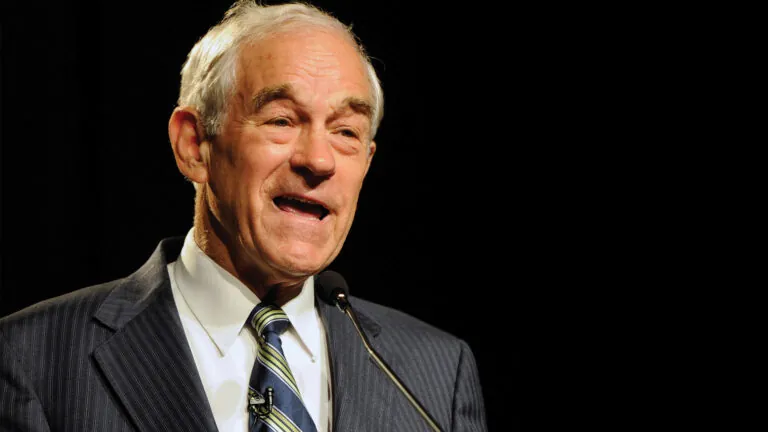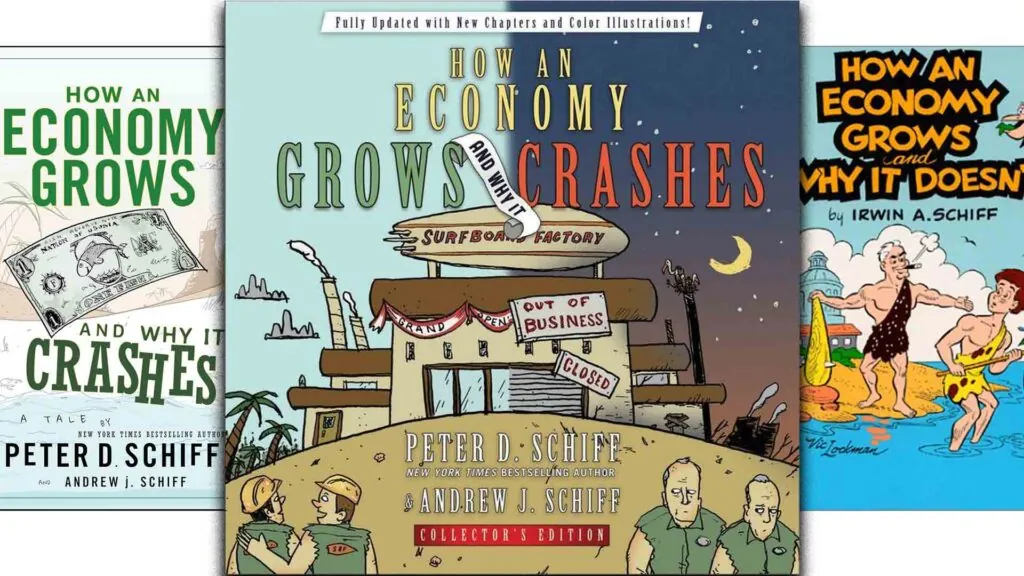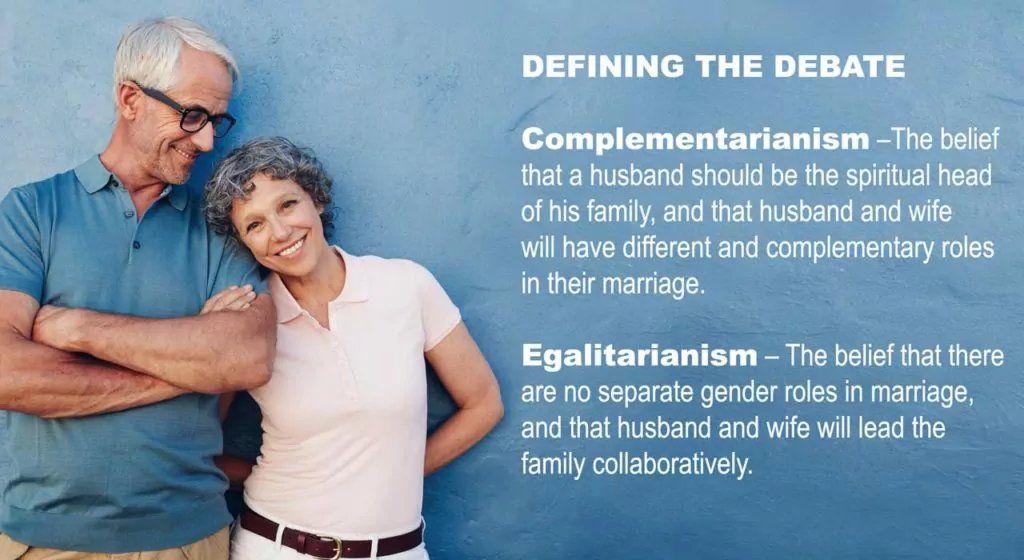The practice of politics notoriously requires compromise. Every politician must bend at some point in order to be electable. Many politicians are very malleable and change their views with the currents of popular opinion. This contributes to their continuing electoral success. Those who won’t go with the flow have a harder time succeeding and will get weeded out over time.
Occasionally there are exceptions to this rule. One of the most outstanding examples in recent years has been Congressman Ron Paul who ran for the Republican nomination for president in 2008 and 2012. His career and the principles he represented are described in a book by journalist Brian Doherty called Ron Paul’s Revolution: The Man And The Movement He Inspired (Broadside Books, 2012). Paul is best known as a “libertarian” but his views also appeal to many conservative Christians.
Doctor to politician
Ron Paul was originally a medical doctor who became involved in politics. In his medical career he delivered about 4000 babies, and his knowledge of fetal development contributed to his pro-life views. But it wasn’t the abortion issue that ignited his participation in electoral politics. Instead, it was his views about money and government finance.
While practicing medicine, Paul had been reading a lot about the importance of free enterprise economics as the basis of prosperity. Then, in the early 1970s, President Nixon implemented wage and price controls to curb inflation. Paul was incensed that an American president would implement such socialistic policies and he decided to do something about it.
He ran as a Republican candidate for the US House of Representatives in the 1974 midterm election but lost. When the victorious Democratic candidate later resigned the seat, Paul was again the Republican candidate in a special election and this time he won. He served a few months as a Congressman but lost the seat in the 1976 general election.
He ran again in 1978 and won. He kept the seat until he decided to run for the Republican nomination for a Senate seat in 1984, but lost that contest to Phil Gramm.
Libertarian Party
Although Paul had been a strong supporter of Ronald Reagan during the 1970s, he became disillusioned with Reagan’s presidency during the 1980s because of the lack of progress in shrinking the size of the federal government. Thus he joined the Libertarian Party and became that party’s presidential candidate in 1988.
With the failure of his Libertarian Party presidential campaign, Paul went back to his medical practice and also produced newsletters on financial and political matters.
He decided to run for Congress again in 1996. Although he had rejoined the Republican Party, party leaders were no longer supportive of him and tried to derail his candidacy. They convinced the local congressman to switch from the Democratic Party to the Republican Party, and they supported that guy with money and prominent endorsements. As Doherty puts it, “The Republican Party did not want Ron Paul to be a congressman again.”
Dr. No
Nevertheless, Paul won and remained in office until 2012. During his time in office Paul became known as “Dr. No” because he voted against so many measures. He believes that the US federal government should be restricted to the powers authorized under the US Constitution. Much of what the federal government currently does is very questionable from a constitutional perspective. It has grown far beyond the bounds of its stated authority.
Paul is thus known as a “constitutionalist” for this view. He is more popularly known as a “libertarian” because his views involve a very minimal role for the government. He does not compromise his views on these matters even when standing by principle makes his own constituents angry with him.
Doherty quotes one congressman as saying that Paul
is very predictable: If proposed legislation expands government or involves activities which he does not consider specifically authorized by the Constitution, then he will vote No.
And Paul does not shy away from unpopular stances, even when they involve going against the flow. Doherty quotes Paul as saying, “when I take a vote contrary to a prevailing attitude, instead of hoping no one will notice I send out a press release.” There are 435 members of the House of Representatives, and sometimes the vote tally would be 434-1, with Paul being the odd man out.
Some people believe Paul’s pro-life position contradicts his libertarian views. But that is not so. As Doherty points out, if an unborn child is a person (and he or she is), then “a libertarian believing in laws against abortion makes exactly as much sense as a libertarian believing in laws against murder.”
Paul’s appeal
Paul’s constitutionalist and libertarian views have made him very unpopular in many places including large portions of the Republican Party. On the other hand, during his presidential campaigns, his stances have resulted in a great diversity of people supporting his candidacy. Doherty notes that Paul campaign meetings would often bring together
the usual Paul fan motley: concerned veterans, pierced anarchists, conservative Christian moms, real estate brokers and homeschoolers and weapons enthusiasts and peace hippies.
Although Paul’s core supporters have usually been libertarians, he has also gathered a good number of conservative Christian supporters. Doherty writes,
Paul could appeal to the religious right not just on the economic libertarianism and hard-money stuff – which resonated well with them then and now – but on social liberty issues such as free speech and just being left alone by the government to shape your own life in your own way. He could remind these people who valued homeschooling and the health of their own small religious communities that they should fear a government that interferes in their personal cultural choices – even if it means having to let the government respect choices they don’t personally like.
Doherty also notes that Paul’s personal life should endear him to conservative Christians. He is a “serious family man, devoted to one woman, successfully raised five children with many happy devoted grandchildren and even great-grandchildren in their wake, a serious Christian.” Wikipedia lists him as being Southern Baptist.
Republican presidential candidate
Paul created a stir during both of his attempts to win the Republican presidential nomination, but he was never a front-runner. However, his campaigns did create a lot of excitement among libertarians, constitutionalists and some other segments of the conservative movement. He refused to endorse John McCain as the Republican nominee in 2008 and was therefore not allowed to speak at the Republican convention in Minneapolis. As a result, his supporters organized another event, the “Rally for the Republic,” that ran concurrently with the Republican convention in Minneapolis.
The Rally for the Republic drew over ten thousand people and celebrated the constitutionalist and libertarian ideas promoted by Ron Paul. Doherty writes, “It had Ron Paul singers and Ron Paul intellectuals and Ron Paul economists and Ron Paul celebrities and, most of all, it had Ron Paul.”
During his 2012 campaign for the Republican nomination, Paul decided not to run again for Congress, so his career as an elected official was over. However, his son, Rand Paul, was elected as a Senator from Kentucky in 2010 and is currently seeking the Republican presidential nomination for 2016.
The Revolution: A Manifesto
During 2008 Paul wrote a book explaining his principles and policy positions. It is entitled The Revolution: A Manifesto (Grand Central Publishing) and it became a New York Times number-one bestseller.
One of the most important matters that Paul addresses in this book is his controversial views on foreign policy. Unlike most conservatives, he believes the United States should have a non-interventionist foreign and military policy. That is, the US should not become involved militarily unless it has been threatened or attacked. “Americans have the right to defend themselves against attack; that is not at issue,” he writes. But what is an issue is the use of American military power against other countries that have not harmed the US.
The most famous example of interventionist foreign policy was the invasion of Iraq under President George W. Bush in 2003. But there have been other recent examples such as President Clinton’s attack on Serbia in 1999. And in 2011 President Obama authorized the use of offensive military force against Libya despite the lack of any threat against the US coming from this country. This is what Paul opposes.
In fact, Paul points out that the unnecessary use of American military power abroad causes more problems than it solves. He writes that, “when our government meddles around the world, it can stir up hornet’s nests and thereby jeopardize the safety of the American people.”
Perhaps his most controversial position is his belief that attacks against Americans abroad, and even against the US itself such as 9/11, can result from people who think they must fight back against what they see as American imperialist aggression. Paul cites Michael Scheuer, chief of the CIA’s Obama bin Laden Unit in the late 1990s (and a conservative), in support of this view. Paul writes,
His point is very simple: it is unreasonable, even utopian, not to expect people to grow resentful, and desirous of revenge, when your government bombs them, supports police states in their countries, and imposes murderous sanctions on them. That revenge, in its various forms, is what our CIA calls blowback – the unintended consequences of military intervention.
Small government, at home and abroad
Interestingly, Paul’s foreign policy views reflect those of the original conservative movement before the Cold War. As he notes,
The so-called old Right, or original Right, opposed Big Government at home and abroad and considered foreign interventionism to be the other side of the same statist coin as interventionism at home.
Being in favor of limited government means supporting a small role for the government in domestic policy, but also a small role (or no role) in the affairs of other nations. This is a consistent and principled position.
Furthermore, it is useful to note that the aggressive use of military power abroad involves a huge cost in money and lives. As Paul puts it, “we waste a staggering amount of manpower, hardware, and wealth on a bloated overseas presence that would be better devoted to protecting the United States itself.”
A considerable amount of money is wasted on foreign aid as well. Over the last few decades there has been tremendous progress in raising the living standards of millions of people in underdeveloped countries. But foreign aid is not the reason for that. Paul notes that,
the economic success stories of the past half century have arisen not from foreign aid but out of the extraordinary workings of the free market, the great engine of human well-being that everyone is taught to hate.
Conclusion
All in all, Ron Paul’s view is that many problems would be solved if the US federal government was restricted to the role authorized for it by the US Constitution. In both domestic and foreign policy the federal government has grown far beyond its constitutional limitations. The framers of the Constitution did not envision such a large and interventionist federal government.
One might think that many American politicians would support following the Constitution. In rhetoric many will speak well of it when doing so is convenient. But in recent years it has primarily been left to Ron Paul to publicly argue for constitutional limitations on government power, especially when doing so is politically unpopular. Receiving harsh criticism for supporting unpopular positions has not caused him to back down. That is because he stands on principle. He will not waver even when the political consequences are harmful to his career. This marks him as a rare bird in contemporary politics.












